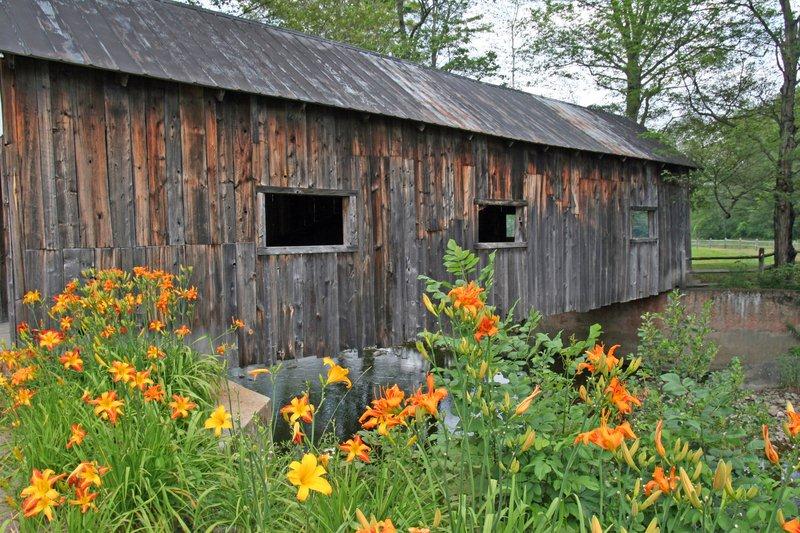Earth Day is upon us again – in all its splendor and glory. It is indeed the largest secular holiday in the world, celebrated by more than a billion people every year. But truth be told, many conservatives are feeling left out of today’s celebration and festivities. If you are one who feels no need to participate or desire to celebrate Earth Day, that’s fine – I get it – but I’d ask you to reflect upon the following. How should we conservatives think about Earth Day or environmentalism for that matter?
I share with you below certain attributes and principles of what I think it means to be a conservative environmentalist, which draws upon the vast work and thinking of many others. I’m grateful for the friendship and influence of so many great conservative minds and leaders who have helped to clarify in my own mind what it means to be a conservationist or environmentalist in today’s world – or whatever or however one wishes to define himself or herself.
That’s not to say that I don’t cherish my liberal friends, because I indeed do – and have benefitted immensely from their astute insights on the topic and our shared goal of doing the right thing.
But today, I talk to my own tribe – What Does it Mean to be a Conservative Environmentalist?
- Just as political conservatism is deeply rooted in the philosophy of providing stability and continuity in our political and social institutions, conservative environmentalism is rooted in the notion of promoting and conserving those earthly tendrils – water, land, and air – that give rise to and sustain life.
- Conservative environmentalism is based on the concept of stewardship – rooted in virtues of responsibility, mutuality, and obligation – which transcends political ideology.
- Conservatives believe that society’s ills, including environmental problems, are best solved through the organizing principle of subsidiarity, or decision-making at the lowest effective level of governance.[1]
- The long-term security of any human society is dependent on healthy and sustainable ecosystems and the agricultural processes operating within them.[2]
- Protecting the environment is not and cannot be an end unto itself, but rather is an inherent part of ordered liberty, which seeks to balance the rights of the individual with those of the public interest.
- Absent well-defined property rights, regulation, or some communal or tribal management arrangement, “each person with access to the resource has an incentive to exploit it and neglect the effects of his or her actions on the resource’s productivity.” Conversely, without a property interest a person has no incentive to improve the economic productivity or yield of his or her land.[3]
- Humans have the power and capacity to destroy life on earth, whether through using weapons of mass destruction, careless or indifferent use of harmful chemicals, or persistent and unabated abuse of the land. Respect for all life and its divine origin, human ingenuity and innovation can mitigate such destructive forces.
- Free markets and market-based solutions are preferred over regulation, although the latter are essential for effective and functioning markets.
- Do no harm and make the polluter pay.[4]
- A conservatism that does not practice restraint, humility, and good stewardship—especially of the natural world—is not fundamentally conservative.[5]
This list is neither exhaustive nor perfect, but I look forward to improving it over the coming months. There are many who have informed my own thinking on this important topic, but particularly Tracy Mehan, Ben Grumbles, Lynn Scarlett, Jonathan Adler, Kameran Onley, Reed Watson, Jim Presswood, John Murdock, Steve Hayward, Rod Dreher, Jim Huffman, Dan Botkin, Rob Sisson, Alex Echols, Eli Lehrer, Brent Haglund, and Roger Scruton, among so many others. And to them all I’m grateful.
________

[1] James Huffman, Designing Institution for the Anthropocene
[2] Earth Stewardship Alliance – Seven Principals of Stewardship
[3] Tracy Mehan, Who Owns the Environment? Part I
[4] Jonathan Adler, Conservative Principles for Environmental Reform
[5] Rod Dreher, Crunchy Cons: The New Conservative Counterculture and Its Return to Roots

